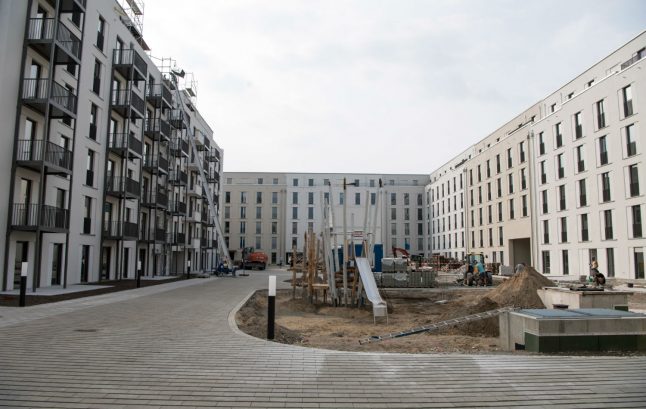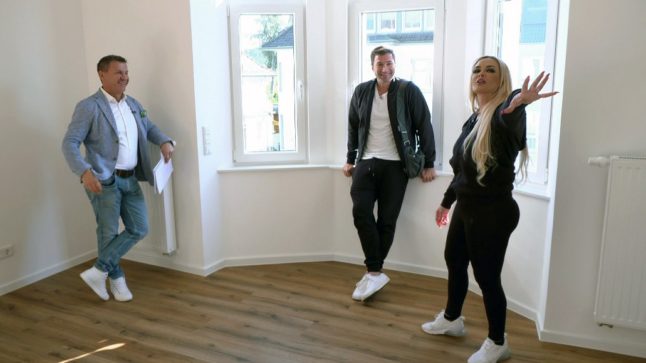Under the deal announced late Thursday, state-owned housing company Gewobag will repurchase the flats originally built as social housing from the 1960s to the 1990s.
The price tag of €920 million is more than double the €405 million the city-state had made when it privatized the properties in 2004, according to German media.
The mayor of the German capital, Michael Müller, said the deal aimed at “keeping the rents in Berlin stable”.
The purchase marks the biggest such renationalization undertaken by the city, where rents have doubled in the past decade.
Gewobag's board member Markus Terboven said the deal with the private real
estate firm Ado Properties would bring its housing stock to “around 68,000
apartments and secure living space for more than 10,000 more Berlin tenants”.
The far-right AfD party attacked the move as “a waste of money” and the
business-friendly FDP accused Gewobag along with Berlin's government of “participating in property speculation”.
“Gewobag now owes millions without having created a square metre of new living space,” the FDP charged on Twitter.
The latest purchase came months after the German capital's authorities bought up 670 apartments along downtown Karl Marx Allee from a private owner,
also in a bid to hold down rents.
READ ALSO: Berliners see red over Karl Marx Allee sale
Soaring housing costs have become a hot button issue in Berlin, leading
some residents to ponder radical solutions, including campaigning for the
seizure of housing stock from powerful landlords.
Alarmed by the trend, the Berlin city government in June agreed on the outlines of a draft law that would include freezing rents for five years from 2020.
The draft law, which is still being drawn up, would be aimed at preventing rent hikes for 1.5 million apartments, Berlin authorities said.



 Please whitelist us to continue reading.
Please whitelist us to continue reading.
Member comments